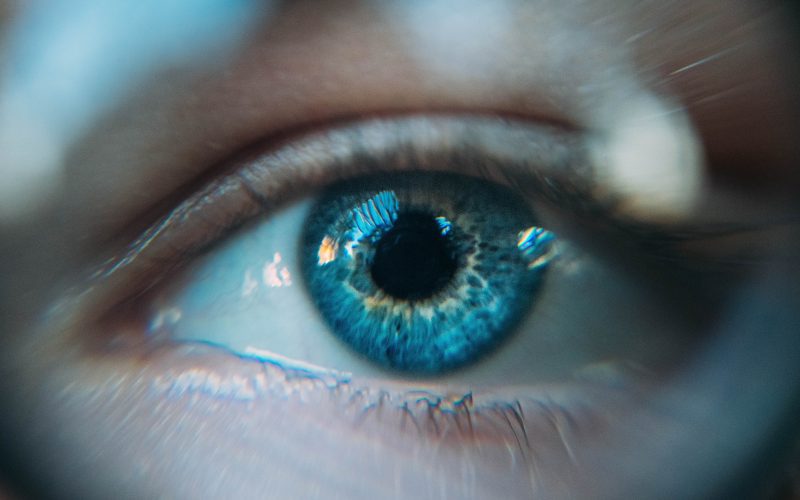Computer vision is one of the most exciting and rapidly advancing technologies of our time. It’s already revolutionizing industries from healthcare to agriculture, and the possibilities are ever-expanding. But what does the future of computer vision hold? How will it further impact our lives? In this blog post, we explore the current state of computer vision and take a look at what we can expect from it in the near future. From facial recognition to autonomous vehicles, read on to discover how computer vision is shaping our world and what advancements may be coming down the pipeline.
The Importance of Computer Vision
In the past few years, computer vision has become one of the most active research areas in both academia and industry. The reason for this is simple: we are now able to use computers to automatically interpret and analyze images, which opens up a range of new applications and opportunities.
Some of the most important application areas for computer vision include:
Automated inspection: Automated inspection is used in a variety of industries to improve quality control. For example, computer vision can be used to inspect products on a production line for defects.
Object recognition: Object recognition is used in many different applications, from security (eg. facial recognition) to driver assistance (eg. pedestrian detection).
Scene understanding: Scene understanding involves extracting information about the world from images. This information can be used for tasks such as 3D reconstruction or autonomous navigation.
These are just some of the many ways in which computer vision can be used. As we continue to develop new algorithms and technologies, the possibilities are endless.
What are the Benefits of Computer Vision?
There are many potential benefits of computer vision, including the ability to:
• Automate repetitive tasks: Computer vision can be used to automate tasks that would otherwise need to be done manually. For example, it can be used to identify objects in images or videos, and then track them as they move. This can be used to count products on a production line, or track animals in their natural habitat.
• Assist humans in tasks: Computer vision can also be used to assist humans in tasks such as inspections or monitoring. For example, it can be used to inspect products for defects, or to monitor construction sites for safety hazards.
• Improve safety: Computer vision can be used to improve safety in both public and private settings. For example, it can be used to monitor traffic flows and detect accidents, or to scan crowds for potential threats.
• Enhance security: Computer vision can also be used to enhance security by providing enhanced surveillance capabilities. For example, it can be used to automatically detect and track intruders in a secure area.
• Generate new knowledge: Finally, computer vision has the potential to generate new knowledge about the world around us. For example, it could be used to automatically identify and catalog all the different types of plants and animals in an area.
What are the Applications of Computer Vision?
Computer vision is a field of artificial intelligence that deals with providing computers with the ability to see and interpret the world in the way that humans do. It is a rapidly growing area of research with many potential applications.
Some potential applications of computer vision include:
• Automated visual inspection: This could be used in manufacturing to detect defects in products or in quality control.
• Traffic monitoring: Computer vision could be used to monitor traffic flow and identify congestion hotspots. This information could be used to help plan future road networks.
• Security and surveillance: Computer vision could be used for automatic security systems that can identify intruders or unusual activity.
It could also be used to monitor public areas for crime or terrorist activity.
• Assistive technologies: Computer vision could be used to develop technologies to help those with visual impairments or other disabilities. For example, it could be used in the development of automatic text readers or navigation aids.
The Future of Computer Vision
The future of computer vision looks very promising. We can expect significant advances in the ability of computers to interpret and understand digital images. This will enable a wide range of new applications and provide huge benefits for businesses and consumers alike.
Some of the key areas where we can expect to see progress include:
1. Object recognition – computers will become much better at identifying objects in digital images. This could be used for tasks such as automatically tagging photos, or identifying products in online stores.
2. Scene understanding – computers will become better at understanding the context of an image, such as the location or the weather conditions. This could be used for applications like augmented reality, or automated security systems.
3. Action recognition – computers will become better at recognising and understanding human activities in images and videos. This could have a range of potential applications, from monitoring traffic flows to detecting crimes
Conclusion
It is clear that the future of computer vision is incredibly exciting and full of potential. We can expect to see a wide variety of uses for this technology, from improved surveillance and security systems to medical applications. The use cases are many, but the common denominator is that computer vision will continue to be an important tool in our lives for years to come. As we explore further into the world of computer vision, it’s likely that new possibilities are waiting around every corner!











